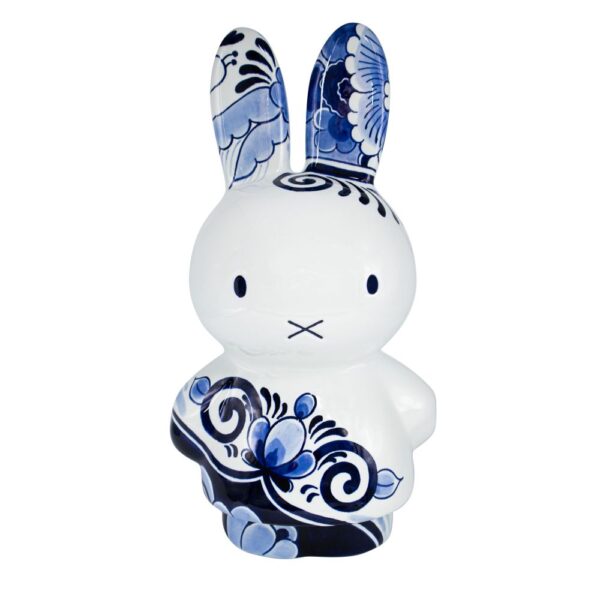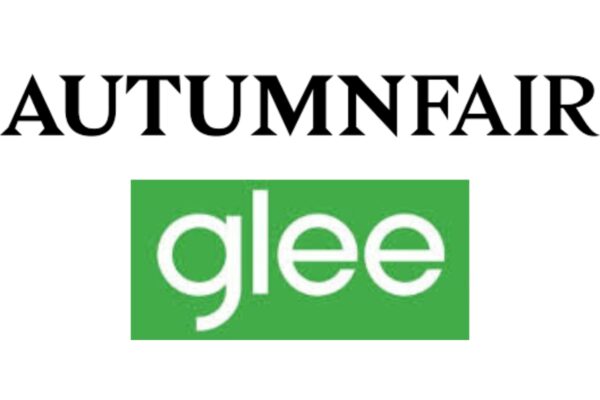Japanese homeware retailer, Muji, has filed for bankruptcy protection after falling £49 million into debt and struggling to pay extremely high rents for its premium store locations.
A restructuring plan, which is to include store closures and rent negotiations, will be put together within the next 180 days. Whilst its bankruptcy filing took place in the USA, Muji UK stores are also at risk of permanent closure.

The ailing company, which has also faced scrutiny over allegations of forced Chinese labour in its supply chain*, said the coronavirus lockdown has speeded up the process of closing stores.
200-year-old fashion retailer, Brooks Brothers, filed for Chapter 11 protection on July 9 and has already closed some stores. Factory closures are also being prepared.
A report by the Wall Street Journal has alleged that fashion brands including Adidas, H&M, Gap, Espirit, Muji, Uniqlo and others are using forced labour from Xinjiang’s Uighur minority population at Chinese cotton factories. Xianjiang is an important centre of China’s cotton production, one of the largest in the world, responsible for 84 per cent of Chinese cotton.
“You can’t be sure that you don’t have coerced labour in your supply chain if you do cotton business in China,” said Nathan Ruser, researcher at the Australian Strategic Policy Institute, in an interview with the BBC.
The UN estimates China is holding more than a million Uighurs and other ethnic minority groups in massive detention camps and many western brands are unaware – or turning a blind eye – to the fact that persecuted people are involved in their supply chain, possibly after “several stages of transformation”.












